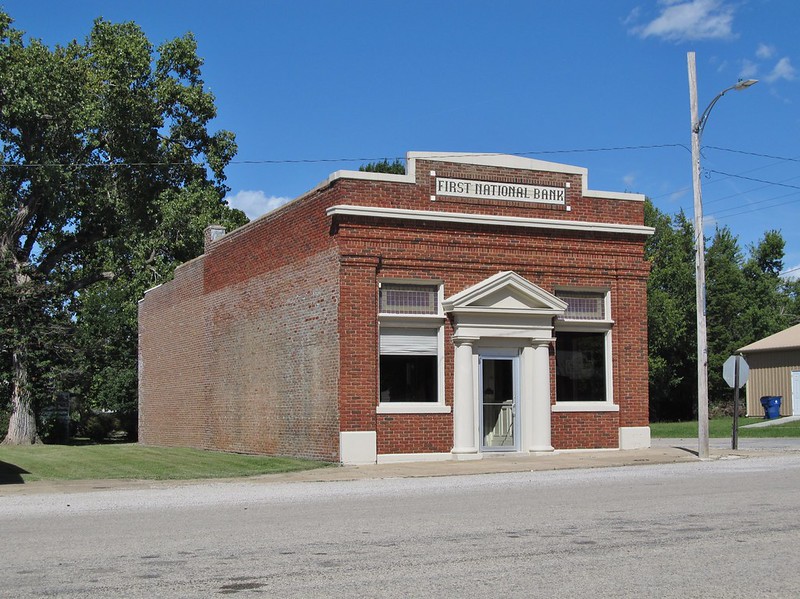
Americans for Tax Reform President Grover Norquist sent a letter to Senators Kevin Cramer (R-N.D.), Tom Cotton (R-Ark.), Jerry Moran (R-Kan.), and Thom Tillis (R-N.C.) expressing support for their legislation, the Community Bank Regulatory Relief Act. S. 3502 will reduce regulatory barriers to help community banks lend additional capital to their Main Street customers during the healthcare emergency.
The COVID-19 pandemic continues to negatively impact the economy and community banks are particularly vulnerable. Senator Tillis has commented that the legislation will provide “regulatory relief to those financial institutions and allow them to play an important role in our economic recovery.” S. 3502 has two commonsense changes that will aid community banks in sustaining operations.
First, the Act lowers the community bank leverage ratio – a ratio of capital to unweighted assets – from 9% to 8%. A lower CBLR requirement will allow community banks to maintain their status while freeing up resources to meet customers financial needs quickly during uncertain times. This will amendment to Section 201 of the Economic Growth, Regulatory Relief, and Consumer Protection Act, passed by President Trump in 2018 and supported by ATR. Banks that opt-in to the CBLR metric and meet the ratio requirement are considered “well capitalized” for prompt corrective action purposes, a status that is extremely important in times of economic uncertainty.
Second, the act delays implementation of the Current Expected Credit Loss accounting standards until December 2024. CECL directs banks to set aside lifetime loss reserves at the time of loan origination – as opposed to a marker of when loss appears probable under current GAAP standards. This requires banks to make predictions about the future in the middle of increasingly uncertain times.
Implementing CECL is cumbersome and expensive. Community banks are far behind larger banks with more resources to devote to compliance. As the size of assets held by a bank decreases, the cost of regulatory compliance increase. Tailored regulatory relief like S. 3502 will be helpful to community banks, and this delay of CECL would allow Main Street banks to lend more funds to consumers in need.
There has been much pushback and opposition from the banking industry and members of Congress against CECL since the standard was passed in 2016, with an almost immediate proposal from the Financial Standards Accounting Board. Traditionally, FASB set an effective date for SEC reporting companies and other public businesses while affording an extra year for private companies, small businesses and nonprofits to come into compliance with their new accounting standards. The CECL proposal was open for public comment until September 16, 2019 – however, no decision was made before the escalation of the coronavirus pandemic about further delaying the compliance deadline for smaller institutions.
We applaud Senators Cramer, Cotton, Moran, and Tillis for introducing the Community Bank Regulatory Relief Act and recognizing the reducing regulatory barriers for our nation’s community banks during the healthcare emergency. We also thank Senators Tim Scott (R-S.C.) and Kelly Loeffler (R-Ga) for supporting S. 3502 to help our Main Street institutions can continue to lend to the community.
The full letter can be found here.

